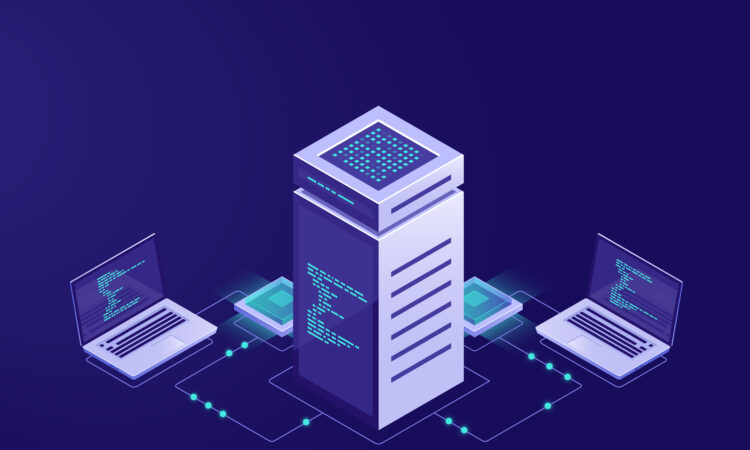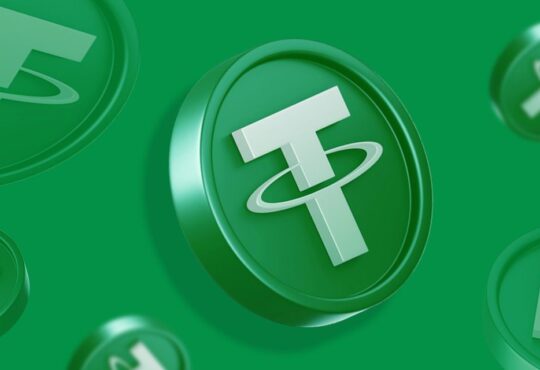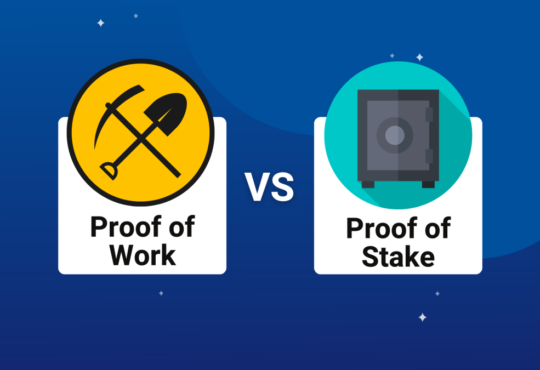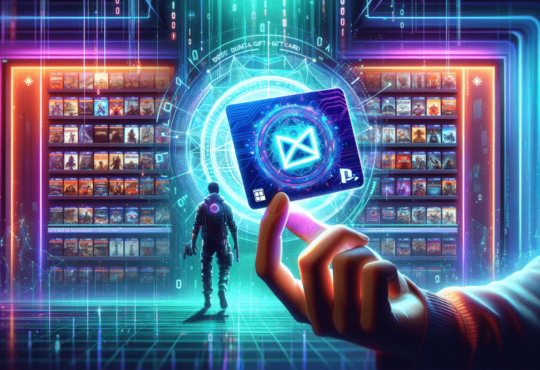The internet has undergone significant transformations since its inception, and now, a new era is on the horizon—Web3. Web3 represents a paradigm shift towards a more decentralized, user-centric, and privacy-focused internet. Blockchain technology is at the core of this transformation, a revolutionary innovation that empowers Web3 application development with its decentralized and transparent nature. In this blog post, we will explore what Web3 is and delve into blockchain’s crucial role in shaping its future. Let’s embark on a journey to understand the concepts, benefits, and potential of Web3 and how blockchain technology is driving this exciting revolution.
What is Web3?
Web3, also known as the decentralized web, is an evolution of the traditional web that aims to empower users, foster trust, and enhance privacy. It envisions an internet where users have control over their data, identities, and digital assets while removing reliance on centralized intermediaries. Web3 applications leverage blockchain technology and other decentralized technologies to enable peer-to-peer interactions, secure transactions, and verifiable data.
The Role of Blockchain in Web3
The blockchain serves as the backbone of Web3, providing the foundational infrastructure and capabilities that drive its decentralization, security, and transparency.
Here are the key roles that blockchain plays in Web3:
– Decentralization:
Blockchain’s decentralized architecture eliminates the need for intermediaries and central authorities, allowing Web3 applications to operate peer-to-peer. Through distributed consensus algorithms, blockchain enables trust and coordination among participants without relying on a central entity.
– Data Integrity and Trust:
Blockchain’s immutability and transparency ensure the integrity of data in Web3 applications. Every transaction or interaction recorded on the blockchain is cryptographically secured, making it tamper-resistant and verifiable. This fosters trust among users, as they can independently verify the accuracy and authenticity of data.
– Privacy and Security:
Blockchain’s cryptographic techniques provide enhanced privacy and security in Web3. Public-private key encryption lets Users control their identities and personal data. Additionally, blockchain-based authentication mechanisms eliminate the need for traditional username-password systems, reducing the risk of data breaches and identity theft.
– Smart Contracts and Programmable Transactions:
Blockchain’s programmable feature, primarily through smart contracts, enables self-executing and enforceable agreements in Web3. Smart contracts automate the execution of predefined rules and conditions, eliminating the need for intermediaries and providing efficiency, transparency, and trust in transactions.
– Digital Asset Ownership and Interoperability:
Blockchain technology enables the creation and management of digital assets in Web3. With blockchain-based tokens and NFTs (Non-Fungible Tokens), users can prove ownership, transfer, and trade digital assets in a secure and transparent manner. Blockchain also facilitates interoperability, allowing digital assets to be seamlessly exchanged across different Web3 applications.
Web3 Applications and Examples
Web3 encompasses many applications that leverage blockchain technology and other decentralized protocols. Here are some prominent examples of Web3 applications:
– Decentralized Finance (DeFi):
DeFi platforms leverage blockchain to enable peer-to-peer financial services like lending, borrowing, and decentralized exchanges. These platforms provide transparency, security, and accessibility to financial services, empowering users to have more control over their assets. Additionally, explore reputable best crypto exchange to ensure secure transactions and access a wide range of digital assets.
– Non-Fungible Tokens (NFTs):
NFT marketplace has gained significant attention in Web3, allowing the creation, ownership, and trading of unique digital assets, such as artwork, collectibles, and virtual real estate. Blockchain ensures the provenance and scarcity of assets, giving creators and collectors a secure and transparent platform to engage in the digital art and collectibles market.
– Decentralized Social Media:
Web3 is revolutionizing social media by introducing decentralized platforms prioritizing user privacy, data ownership, and censorship resistance. These platforms leverage blockchain to give users control over their data and interactions, creating a more democratic and user-centric social media experience.
– Supply Chain Management:
Blockchain-based supply chain solutions enhance transparency and traceability in Web3. Stakeholders may trace and verify products’ origin, validity, and ethical sourcing by recording every transaction and movement of goods on the blockchain, minimising counterfeiting, and assuring fair trade practices.
– Identity and Authentication:
Blockchain-based identity systems provide users with secure and self-sovereign identities in Web3. These systems utilize cryptographic techniques to enable users to control their personal information and selectively share it with trusted entities, eliminating the need for centralized identity providers.
– Governance and DAOs:
Decentralized Autonomous Organizations (DAOs) leverage blockchain technology to enable decentralized governance and decision-making in Web3. Through transparent voting mechanisms and smart contracts, participants can collectively manage and govern decentralized projects, creating a more democratic and inclusive ecosystem.
Future Potential and Challenges
The potential of Web3, driven by blockchain technology, is vast and transformative. It can reshape industries, empower individuals, and revolutionize existing systems. However, Web3 also faces challenges that must be addressed for widespread adoption. These challenges include scalability, user experience, regulatory frameworks, and interoperability between different blockchain networks.
Scalability remains a crucial hurdle for Web3 applications, as existing blockchain networks often face transaction processing speed and capacity limitations. Solutions like layer 2 protocols and advancements in consensus algorithms aim to address these scalability issues.
Improving user experience is another critical aspect of driving the adoption of Web3. Building intuitive and user-friendly interfaces while abstracting the complexities of blockchain technology will play a crucial role in attracting mainstream users to Web3 applications.
Regulatory frameworks surrounding cryptocurrencies, tokens, and decentralized systems are still evolving. Establishing clear regulations that ensure consumer protection, prevent fraud and promote innovation will be essential to foster the growth of Web3.
Interoperability between different blockchain networks is crucial for the seamless functioning of Web3 applications. Efforts are underway to develop standards and protocols enabling interoperability, allowing users and assets to move freely between blockchains.
Conclusion
Web3, powered by blockchain technology, represents a transformative shift towards a more decentralized, user-centric, and secure internet. Blockchain’s role in Web3 is foundational, providing decentralization, trust, and transparency. The adoption of Web3 applications is poised to revolutionize various industries, including finance, art, social media, and supply chain management. While Web3 holds tremendous potential, it also faces challenges that must be addressed to ensure scalability, user experience, regulatory compliance, and interoperability.
As blockchain technology continues to evolve and Web3 matures, we can expect a paradigm shift in how we interact with the internet, empowering individuals and creating a more inclusive and equitable digital landscape. Embracing Web3 and understanding the role of blockchain is essential for businesses, individuals, and governments to navigate the future of the Internet effectively.






